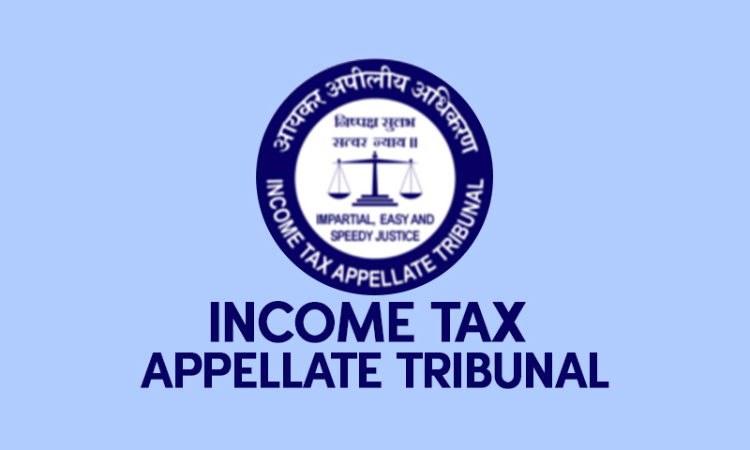Revenue Earned By BBC For Distribution Of BBC News In India, Not Taxable As Royalty: ITAT
Parina Katyal
5 Dec 2022 9:45 AM IST

Next Story
5 Dec 2022 9:45 AM IST
The Delhi Bench of the Income Tax Appellate Tribunal (ITAT) has ruled that the distribution revenue earned by the assessee- BBC World Distribution Ltd., from distribution of BBC World News Channel in India, is not in the nature of royalty and thus, it is not taxable in India in the absence of a Permanent Establishment. The bench of G.S. Pannu (President) and Saktijit Dey (Judicial...
